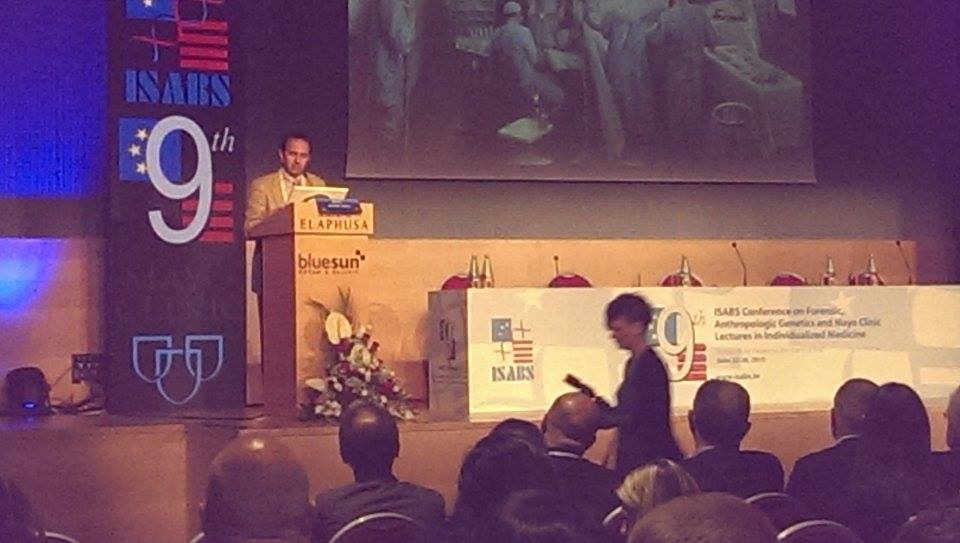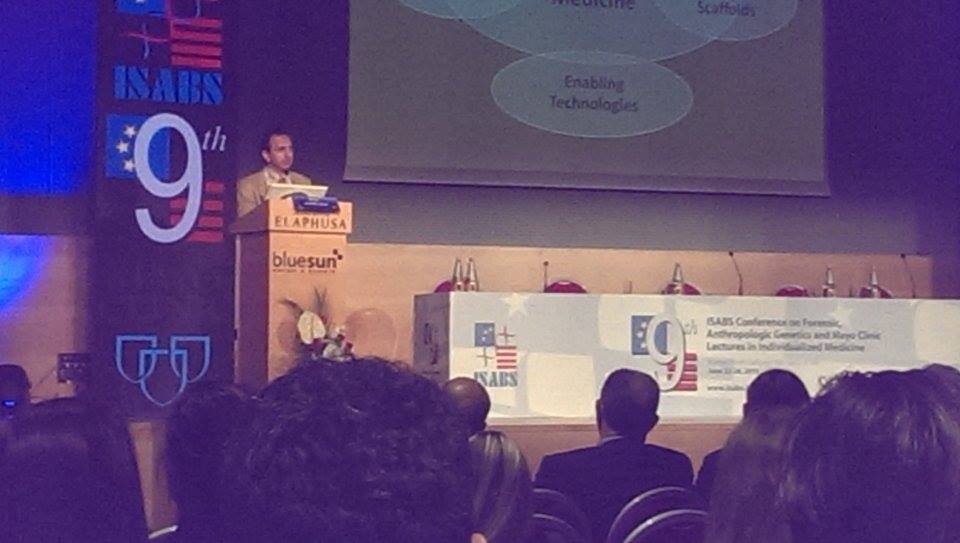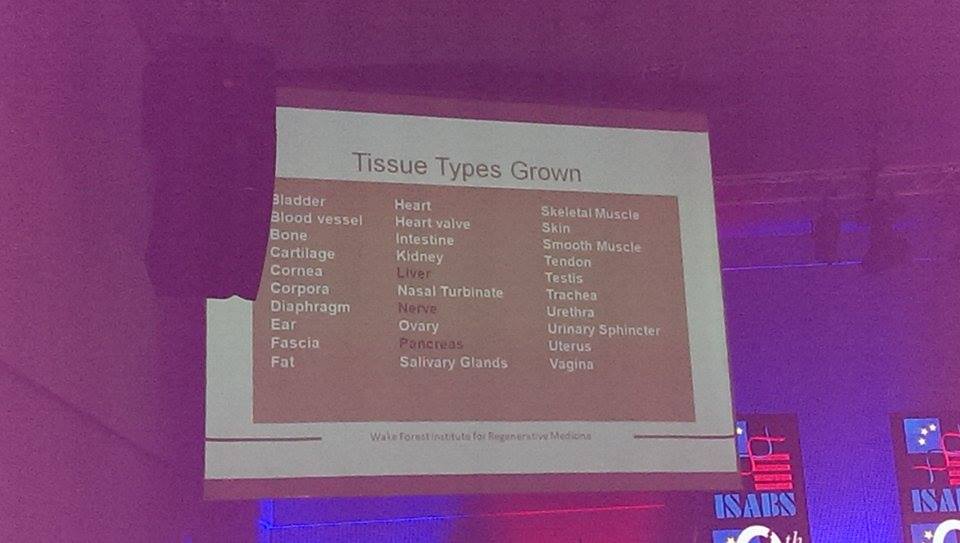(Photo dr. Atala with prof. Dragan Primorac, organizer of the 9th ISABS conference)
Total Croatia News is launching very soon, but our roving reporters are already out and about looking for the best stories and interviews. Danni Matijaca, whom I will be introducing shortly, is just back from Bol and the 9th ISABS conference at Hotel Elaphusa, where the future of medicine is being discussed among a world-class audience of leading experts. And Danni managed to catch a few words with a rather interesting doctor… In her own words:
Until the end of this week, island Brač is the world’s centre of Forensic and Anthropologic Genetics thanks to the 9th ISABS conference taking place in Bol. More than 500 participants, including Nobel prize laureate Robert Huber will share their latest discoveries and set the foundation for future ground-breaking research. Even though the main subject this year seems to be the growing trend of individualized medicine, the speaker everyone wanted to talk to was dr. Anthony Atala, Director of the Wake Forest Institute for Regenerative Medicine and probably the most talked about doctor in the US (apart from dr Oz, but he’s mostly talked about in court these days anyway).

I caught up with dr. Atala just before his presentation “Growing human organs”, or rather ambushed him as he arrived at the hotel to be more exact. For a doctor whose work was named as one of 5 discoveries that will change the future of organ transplants by Time magazine, and knowing that he doesn’t give interviews very often, I was pleasantly surprised by his openness and the simplicity in which he spoke about his fascinating work.
Your lab at the Wake Forest Institute for Regenerative Medicine is engineering over 30 tissues and whole organs, is that the future, will we be growing organs instead of transplanting them?
Until now, we’ve been successful in growing flat organs such as skin, tubular ones such as blood vessels, hollow non tubular organs such as bladders but we are working hard now in successfully growing complex organs such as the heart and kidneys. The truth is, we live longer, and shortage of organs for transplant will only get worse in the future, so I see this as an absolute necessity.
What would be your Mount Everest or your final goal?
As I said, we’ve been successfully generating flat structures, tubular and hollow non-tubular organs for decades, in fact, we have patients that have been living with such “lab-grown” organs for almost 14 years, but once we complete the first successful operation with a complex organ I will be able to say I’ve reached my goal. We are currently using 3D printers to print out kidneys from patient’s own bio-materials; organs are then placed in bioreactors to condition them to be able to survive inside the body, we’ve improved the vascularity so we’re on the right track.

There’s been a lot of press about your work in growing male and female genitalia; we know that the vaginas grown in a lab from the recipients’ own cells have been successfully transferred to four teenagers born with severe and rare defects however, no penile transplants have been carried out yet.
Yes, we’ve had great success helping women born with rare conditions. When it comes to men, we’ve successfully implanted bio-engineered urethras and conducted many partial replacements. As a solid organ, the penis tops this list in both density of cells and structural complexity and they are proving to be trickier but the progress is encouraging. Realistically, our first target is going to be a partial replacement but we have produced half a dozen full organs and we’re assessing the structures for safety and effectiveness.
What about moral dilemmas, I know people often raise the question whether or not you are “playing God”
Well, considering that we use the biological material of the patient, grow the organ and implant it back into the very same patient, I don’t see a moral dilemma.









